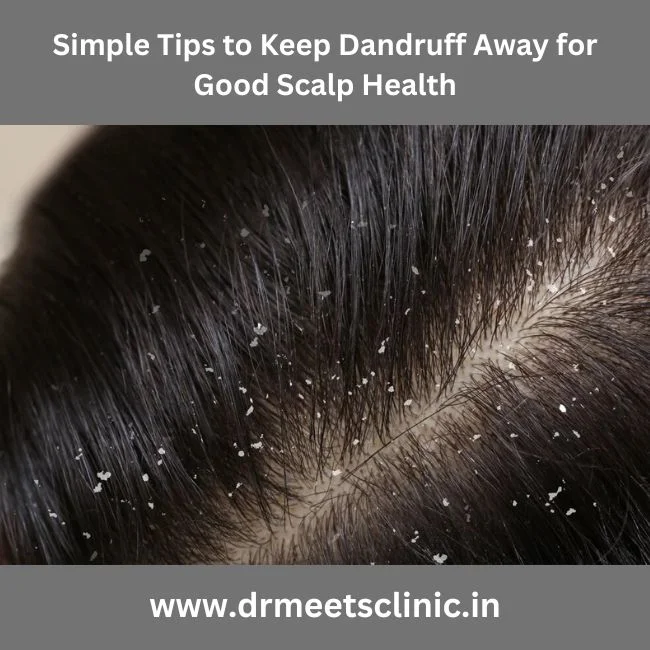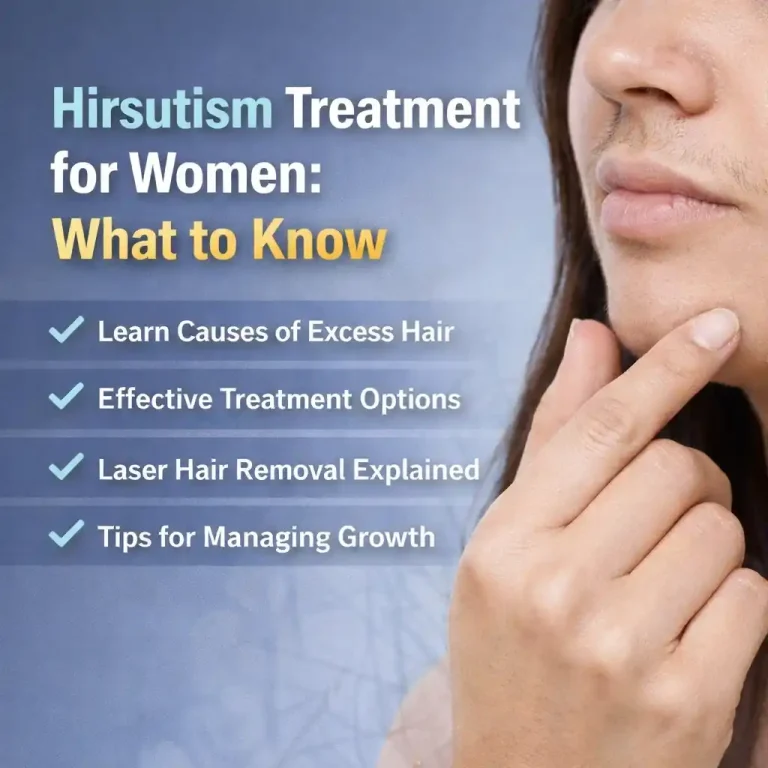A common scalp ailment that affects millions of individuals worldwide is dandruff. While it may seem harmless, it can lead to embarrassment, discomfort, and even hair loss if not managed properly. Fortunately, with the right care and attention, you can keep dandruff at bay and maintain a healthy scalp. Here are some simple yet effective tips to help you achieve dandruff-free hair for good.
Understand the Causes of Dandruff
Before diving into prevention strategies, it’s essential to understand what causes dandruff. Dandruff can result from various factors, including:
Dry Scalp: Flakiness may result from insufficient moisture.
Oily Skin: Excess oil can cause irritation and lead to dandruff.
Malassezia Fungus: This naturally occurring fungus on the scalp can overgrow and irritate the skin, leading to flaking.
Skin Conditions: Conditions like eczema and psoriasis can contribute to dandruff.
Hormonal Changes: Fluctuations in hormones can trigger dandruff in some individuals.
By identifying the root cause of your dandruff, you can better target your treatment and prevention efforts
Maintain a Healthy Scalp Routine
Establishing a regular scalp care routine is crucial for keeping dandruff away. Here are some tips to consider:
Wash Your Hair Regularly: Depending on your hair type, washing your hair two to three times a week can help keep your scalp clean. You may need to shampoo your hair more regularly if it is oily. A clean scalp is less likely to harbor the conditions that lead to dandruff.
Condition Your Hair: Use a moisturizing conditioner to keep your scalp hydrated. Focus on the ends of your hair rather than the scalp to avoid excessive oil buildup.
Avoid Hot Showers: While hot water may feel soothing, it can strip your scalp of essential oils, leading to dryness. Opt for lukewarm water instead.
Keep Your Scalp Hydrated
Hydration is key to a healthy scalp. The following are some methods to maintain hydrated scalp:
Use Natural Oils: Coconut oil, olive oil, and tea tree oil can help nourish the scalp. Apply a small amount of oil to your scalp, massage it in gently, and leave it on for a few hours before washing it out. These oils possess antifungal properties and can help combat dandruff.
Stay Hydrated: Drink plenty of water throughout the day. Hydration helps maintain your skin’s moisture levels, including your scalp.
Eat a Balanced Diet
Your scalp health is greatly influenced by your diet. A balanced diet rich in vitamins and minerals can help combat dandruff. Consider incorporating the following nutrients:
Omega-3 Fatty Acids: Found in fish, flaxseeds, and walnuts, omega-3s help maintain skin health and reduce inflammation.
Zinc: Essential for skin health, zinc can be found in nuts, seeds, whole grains, and lean meats.
Biotin: This B vitamin, present in eggs, nuts, and legumes, supports hair health and may reduce flakiness.
Probiotics: Foods like yogurt and kefir can help balance the gut microbiome, which may positively impact scalp health.
Manage Stress Levels
Stress can trigger or worsen dandruff, so managing stress is crucial. Here are some effective stress-relief techniques:
Exercise Regularly: Physical activity releases endorphins, which help reduce stress levels. On most days of the week, try to get in at least 30 minutes of exercise.
Practice Mindfulness: Meditation, yoga, and deep-breathing exercises can help you relax and manage stress effectively.
Get Enough Sleep: Try to get seven to nine hours of good sleep every night. Lack of sleep can increase stress and negatively affect your overall health.
Avoid Harsh Hair Products
Certain hair products can exacerbate dandruff. Avoid using gels, sprays, or styling products that contain harsh chemicals. Opt for gentle, sulfate-free formulas instead. Also, be mindful of the ingredients in your shampoo and conditioner; avoid those with alcohol or heavy fragrances that can irritate the scalp.
Seek Professional Help
If your dandruff persists despite trying various remedies and lifestyle changes, it may be time to consult a dermatologist. They can help determine if an underlying skin condition is contributing to your dandruff and recommend appropriate treatments.
Conclusion
Dandruff can be a frustrating and embarrassing condition which causes Hair fall, but with the right approach, you can keep it under control. By understanding its causes, maintaining a healthy scalp routine, eating a balanced diet, and managing stress levels, you can achieve a flake-free scalp and beautiful, healthy hair. Remember that consistency is key, and don’t hesitate to seek professional advice if needed. With these simple tips, you’ll be well on your way to good scalp health and a dandruff-free life!

















